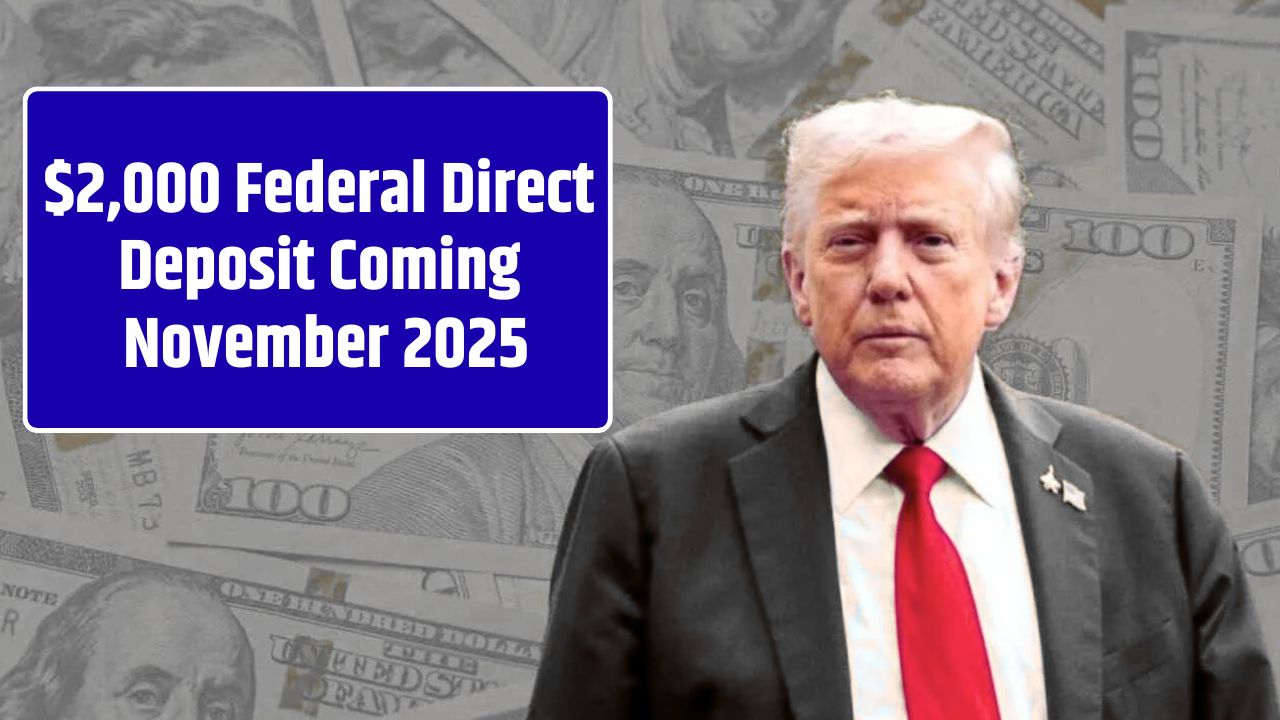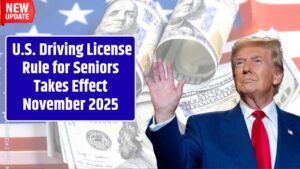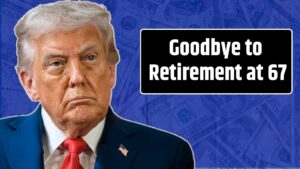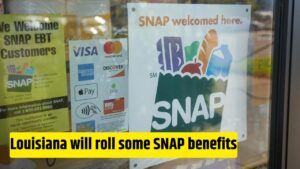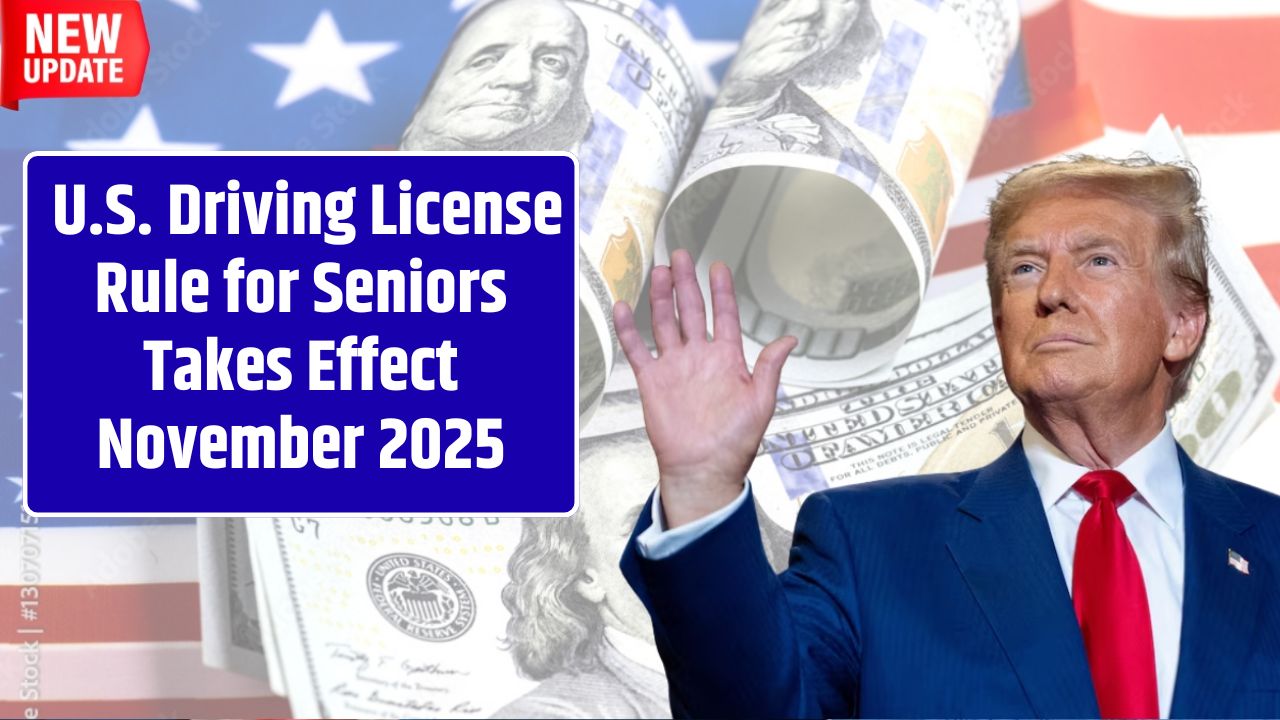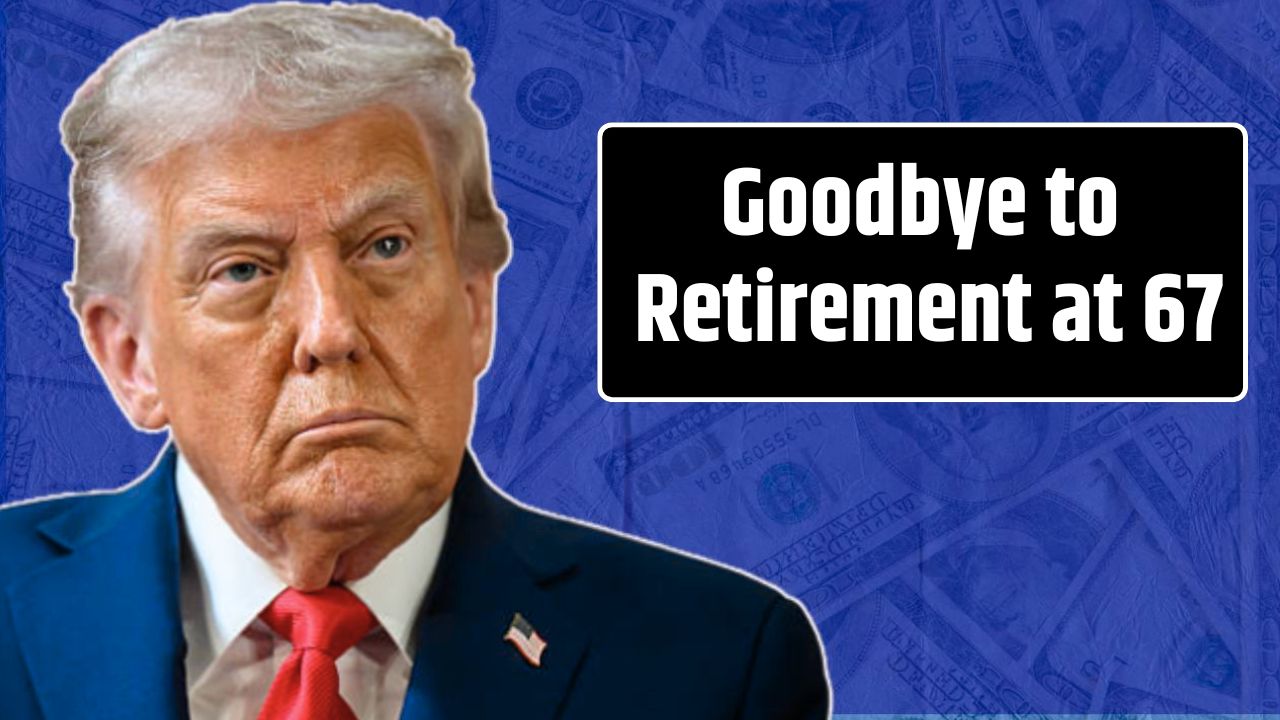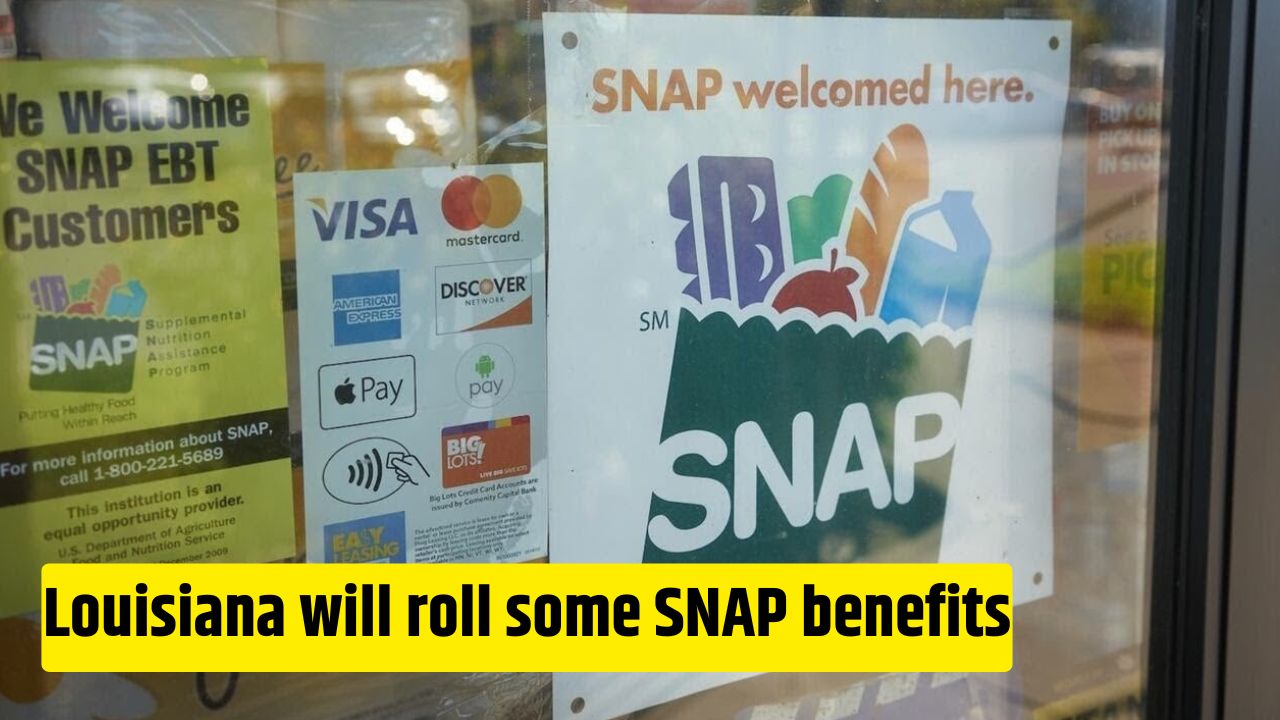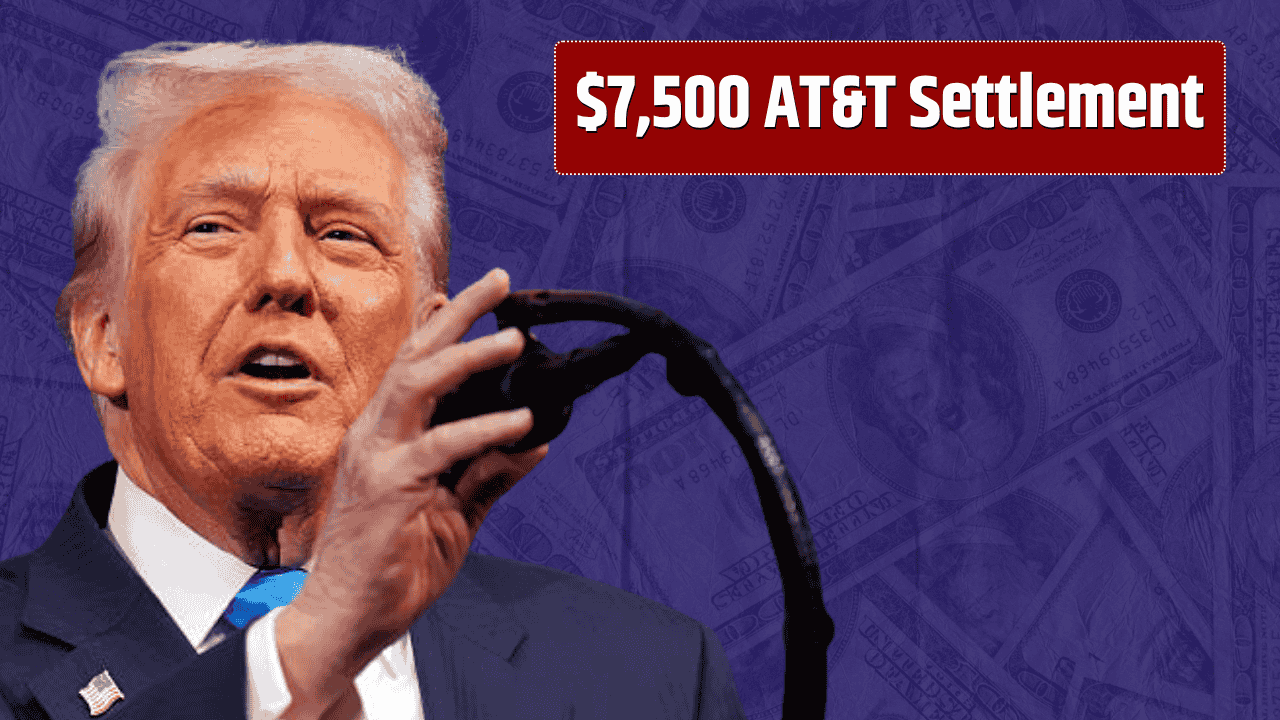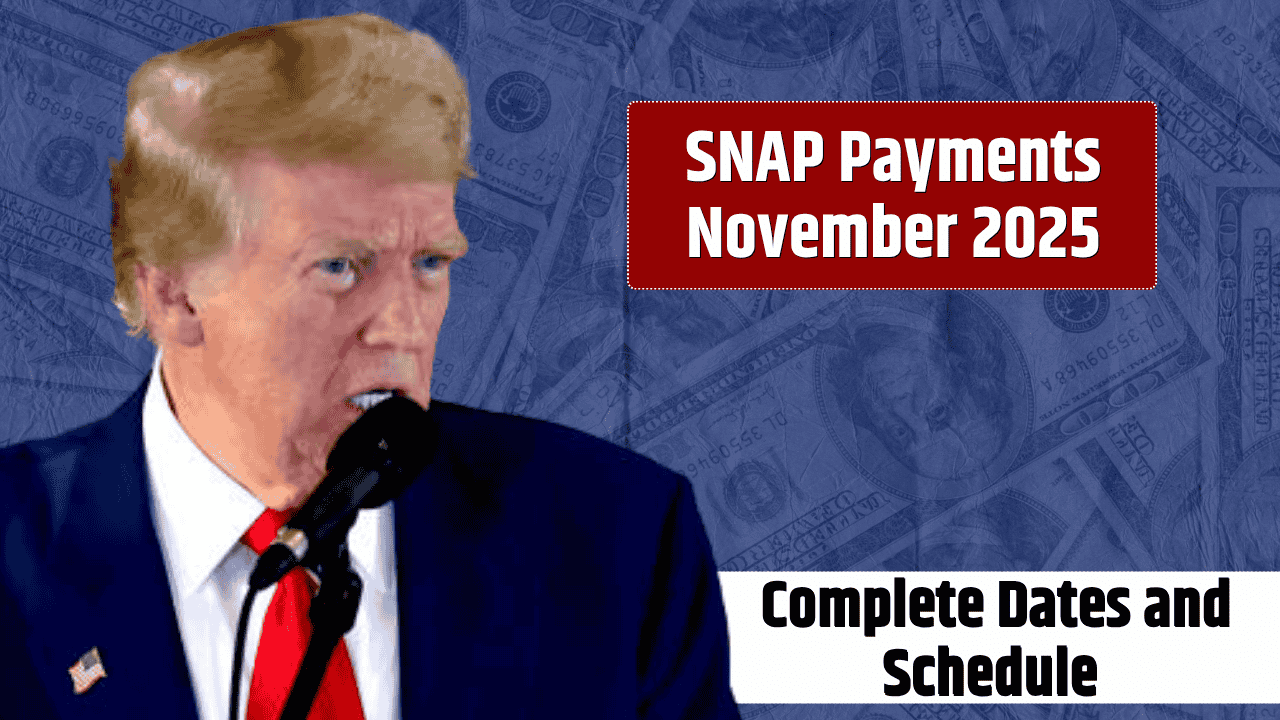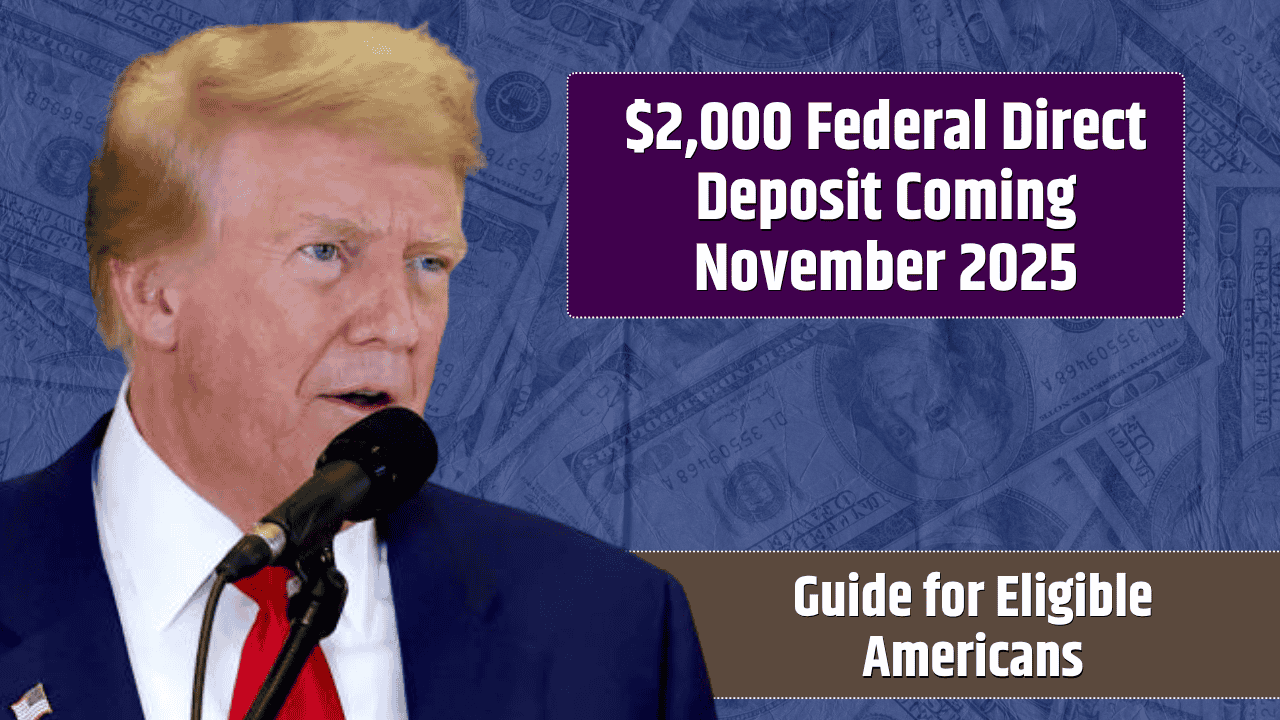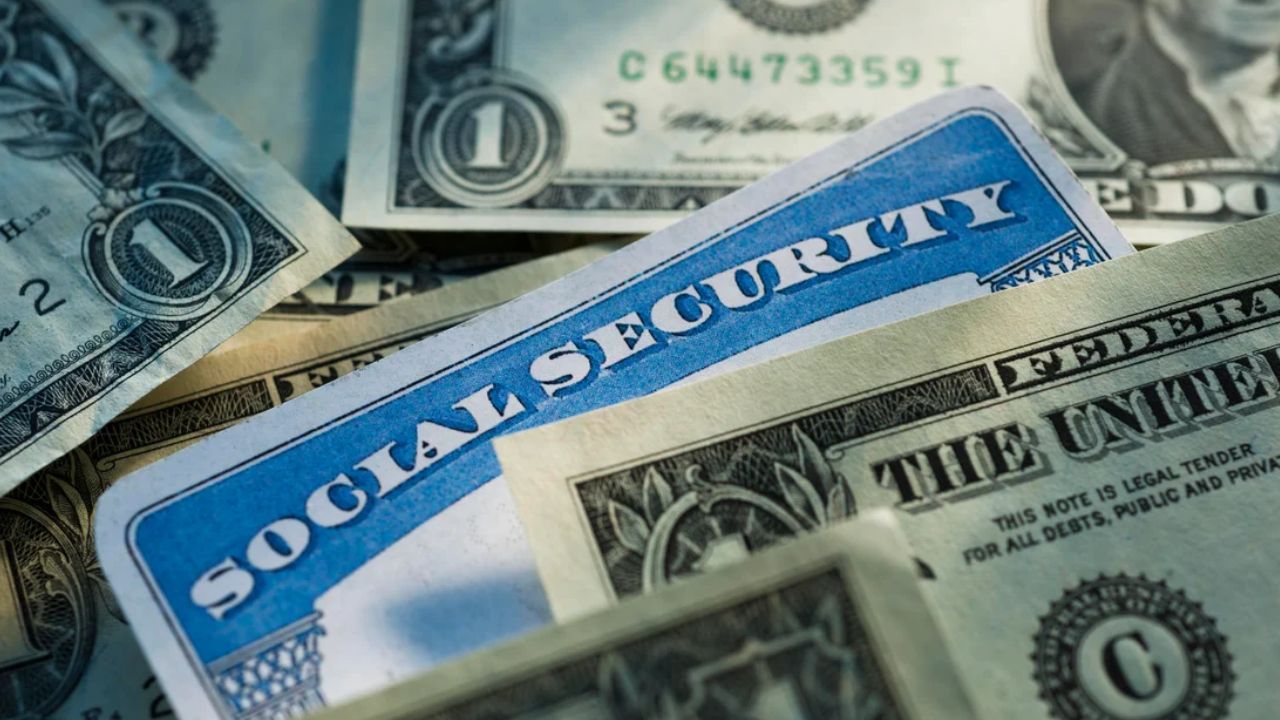By mid-October, social media lit up with talk of a new “$2,000 federal relief check” quietly landing in Americans’ bank accounts — some calling it a comeback of the stimulus era. But before you start refreshing your banking app, let’s separate rumor from fact.
Despite claims circulating online, no official $2,000 federal payment has been approved or distributed by the U.S. Treasury or Internal Revenue Service (IRS) as of late October 2025. The program being described — the so-called Federal Inflation Adjustment Initiative — doesn’t exist in any federal legislation, appropriations bill, or IRS bulletin. Here’s what’s really going on.
Fact Check: No Federal “Inflation Adjustment” Payment Has Been Authorized
The story making the rounds borrows language from legitimate IRS press releases and pandemic-era relief programs, then blends in fake dates and payment schedules. The IRS has confirmed that no new stimulus-style direct payments are being issued in 2025.
You can verify this directly on:
- The IRS newsroom (no mention of a 2025 relief deposit)
- The U.S. Department of the Treasury site (no recent funding notice)
- The Congress.gov appropriations tracker, which shows no budget line for an “Inflation Adjustment Initiative”
If such a program existed, it would require explicit Congressional authorization, line-item funding, and publication in the Federal Register — none of which have occurred.
Why the Rumor Spread So Fast
Part of the confusion stems from several real economic developments this year:
- Tax season adjustments. The IRS updated standard deductions and Earned Income Tax Credit thresholds for 2025, which will increase some refunds — but that’s not a separate cash payment.
- State-level rebates. A few states, including Minnesota, New Mexico, and Alaska, issued localized refund checks or oil-dividend payouts. Many online posts misinterpreted those as a federal action.
- Social Security COLA announcements. Retirees learned of a cost-of-living increase for 2026, further fueling speculation about “extra federal money.”
Once screenshots from prior IRS stimulus updates were recirculated with new dates, the rumor looked credible enough to trend.
What Federal Officials Actually Said
When asked directly, an IRS spokesperson reiterated the agency’s standing warning:
“The IRS is not distributing new economic-impact payments in 2025. Any messages or emails claiming otherwise should be treated as scams.”
The Federal Trade Commission (FTC) has also flagged a rise in phishing attempts tied to this rumor, urging consumers to ignore texts or emails that ask for personal information “to confirm your $2,000 payment.”
A Quick Look at the Fake Details
| Claim in Circulating Posts | Verified Reality |
|---|---|
| “$2,000 direct deposits between Oct 15–Nov 25, 2025” | No such deposits recorded by Treasury or major banks |
| “Program: Federal Inflation Adjustment Initiative” | No legislation or Treasury documentation exists |
| “Track payment on IRS portal” | IRS portals track refunds and prior stimulus only |
| “Automatic based on 2024 taxes” | No 2025 legislation authorizing new rebates |
(Cross-checked with IRS.gov, Treasury.gov, and Congressional budget releases.)
Real Relief Options That Do Exist
While there’s no new federal payout, households facing financial strain can still explore several legitimate channels:
- State rebates or tax credits: Check your state’s official revenue website — some have their own cost-of-living refunds.
- IRS tax adjustments: Review eligibility for the Earned Income Tax Credit or Child Tax Credit, both expanded in recent years.
- SNAP and LIHEAP benefits: Federal nutrition and energy-assistance programs remain active and are funded through at least FY 2026.
- Debt-relief scams: Be cautious; fraudsters often appear during economic uncertainty with “government check” promises.
The Economic Context
Inflation has cooled since its 2022 peak but remains sticky. Federal Reserve data still shows essentials like rent and healthcare about 17 percent higher than pre-pandemic averages. Policymakers have discussed various forms of targeted relief, but nothing resembling a nationwide $2,000 payout has cleared Congress.
Economists agree that if such a payment were enacted, it would likely appear in the federal budget or be announced through a coordinated Treasury–IRS statement — both public and easily verifiable.
FAQs:
Is the $2,000 federal relief payment real?
No. Neither Congress nor the Treasury has approved or distributed any such payment in 2025.
Why are people claiming they received deposits?
Most screenshots circulating online show unrelated tax refunds, state rebates, or digitally altered bank statements.
Could the government send new relief in the future?
Possibly — but it would require new legislation, and you’d see it publicly announced on official government sites first.

